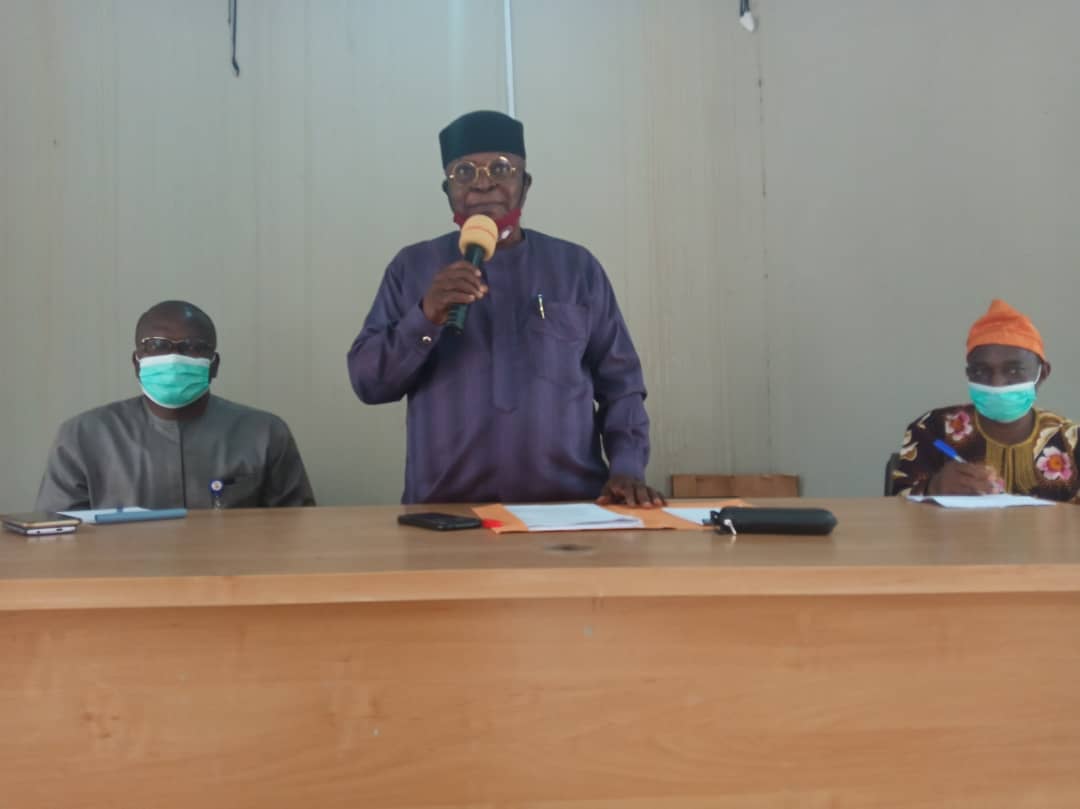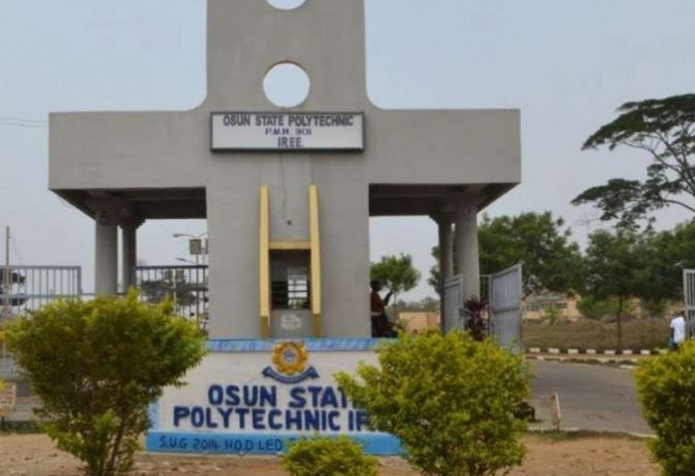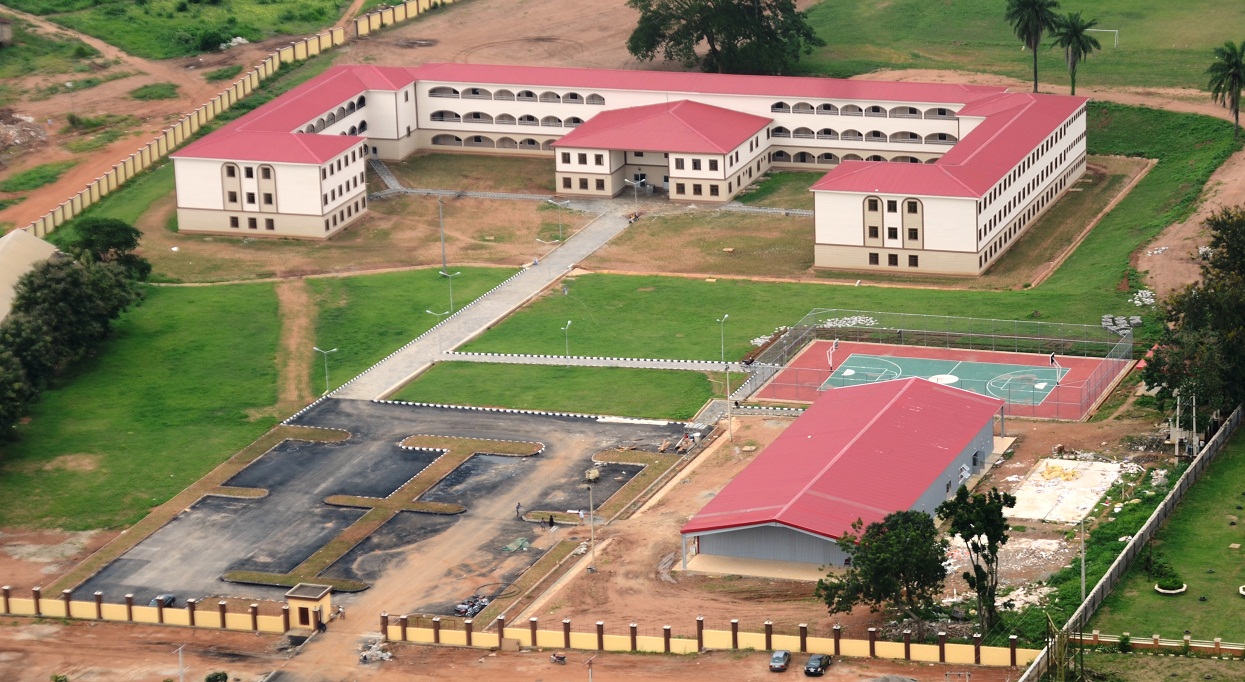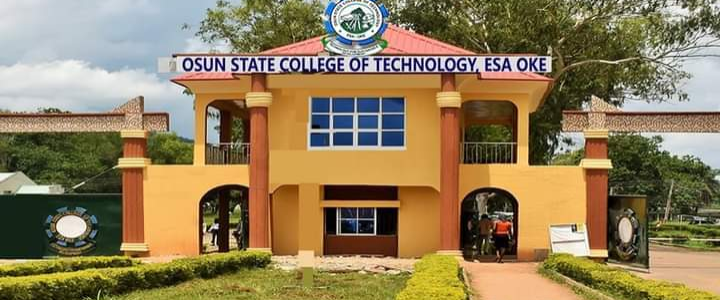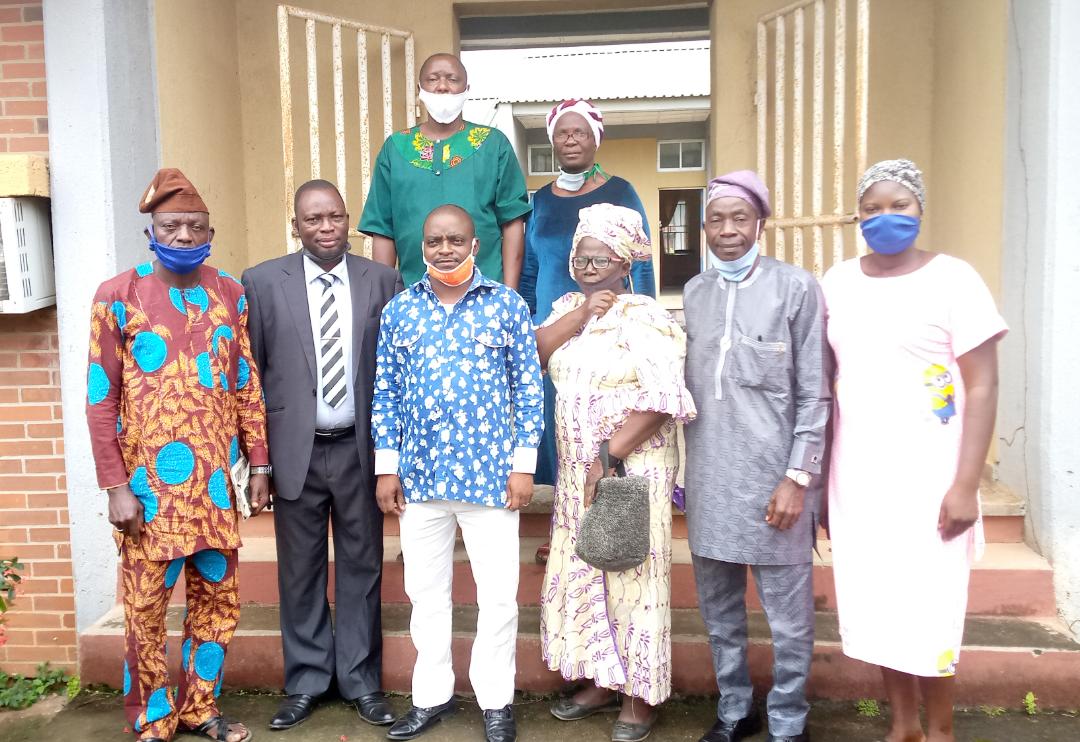In a bid to prevent brain drain and contribute to innovations development in Nigeria, the National Center for Technology Management (NACETEM) has charged students to copy and replicate innovations from developed countries for nation-building.
The Director-General of NACETEM, Prof. Okechukwu Ukwuoma while addressing journalists at the agency conference hall in Ile-Ife, Osun State on Thursday admonished young minds not to contribute to brain drain in the country but rather develop innovations of other countries in Nigeria.
NACETEM which is an agency of the Federal Ministry of Science and Technology, was established to provide critical knowledge support in the area of Science, Technology and Innovation (STI) management for sustainable development in Nigeria.
Prof Ukwuoma lamented that Nigerians running to developed countries in search for greener pasture is detrimental to the Nations economy and development.
He said, there is no place like home. “If you step outside this country and see people looking for a job, you will see how they are treated.
“We need to start asking ourselves who made the countries that Nigerians are running to the way they are. Those countries developed their countries themselves. The question is that who will develop our own country when everybody runaway. We must take the issue of innovation very seriously. Running away from this country is not the best. We cannot be building another country at the detriment of Nigeria development.
“After the World war, Japan is trying to imitate the innovation of other countries. In their schools, they do more of practical innovations than theory. If we continue to copy innovations and replicating its creation and annexing them here in Nigeria, our country will be envied by all.
“Nobody transfers technology to others freely, you either steal or develop it. You can buy it and look at how it was done then developed it. A good example is Japan and China, there first, second and final degree in schools, you do it in their country because you are solving the nation’s problem. Their students go outside their country for Post Graduate Degree in a bid to learn from the developed countries and they become technology spies. They steal the knowledge of developed countries in technology, redesign them and they send to their country for development.”
Highlighting the achievement of the agency for the past six years, Professor Ukwuoma, we have made tremendous impacts on the country, particularly through its activities which cover four broad areas of STI-driven national development. These include Policy research: Databank of STI resources, capacity building, and government policy advisory services.
International Recognition of NACETEM, Due to the recognition of the performance of NACETEM in providing knowledge support on Science, Technology and Innovation (STI) and National Innovation System in Nigeria, the Global Sustainable Technology and Innovation Conferences (G-STIC) Brussels, Belgium has appointed NACETEM as the Nigerian contact point for projecting new technologies for addressing the 17 SDGs in the continent
He further said: “NACETEM coordinates for Nigeria African Network for Economic Learning, Innovation and Competence Building Systems (Africa Lics), which is a part of the Worldwide Research Network, The Global Network for Economic Learning, Innovation and Competence Building Systems (GlobeLics) based in Denmark. Globelics organises conferences in different parts of the world yearly for PhD students who are sponsored to the conferences to help them in their research works. NACETEM co-hosted the conference in 2017
On the Capacity Building in Technology Management, Professor Ukwuoma said:
“In order to develop and strengthen STI management capacity in the country. NACETEM partners with the Federal University of Technology, Minna to award Masters and PhD degrees in Technology Management, in addition to the Postgraduate Diploma in Technology Management which started in Ile-ife in 1998. The essence of our capacity building programme is for the development and harmonisation of human resources needed to promote, project and propagate STI management in Nigeria. The choice of FUT Minna is a deliberate attempt to bridge the human capital gap in nineteen (19) states of the Northern Nigeria.


